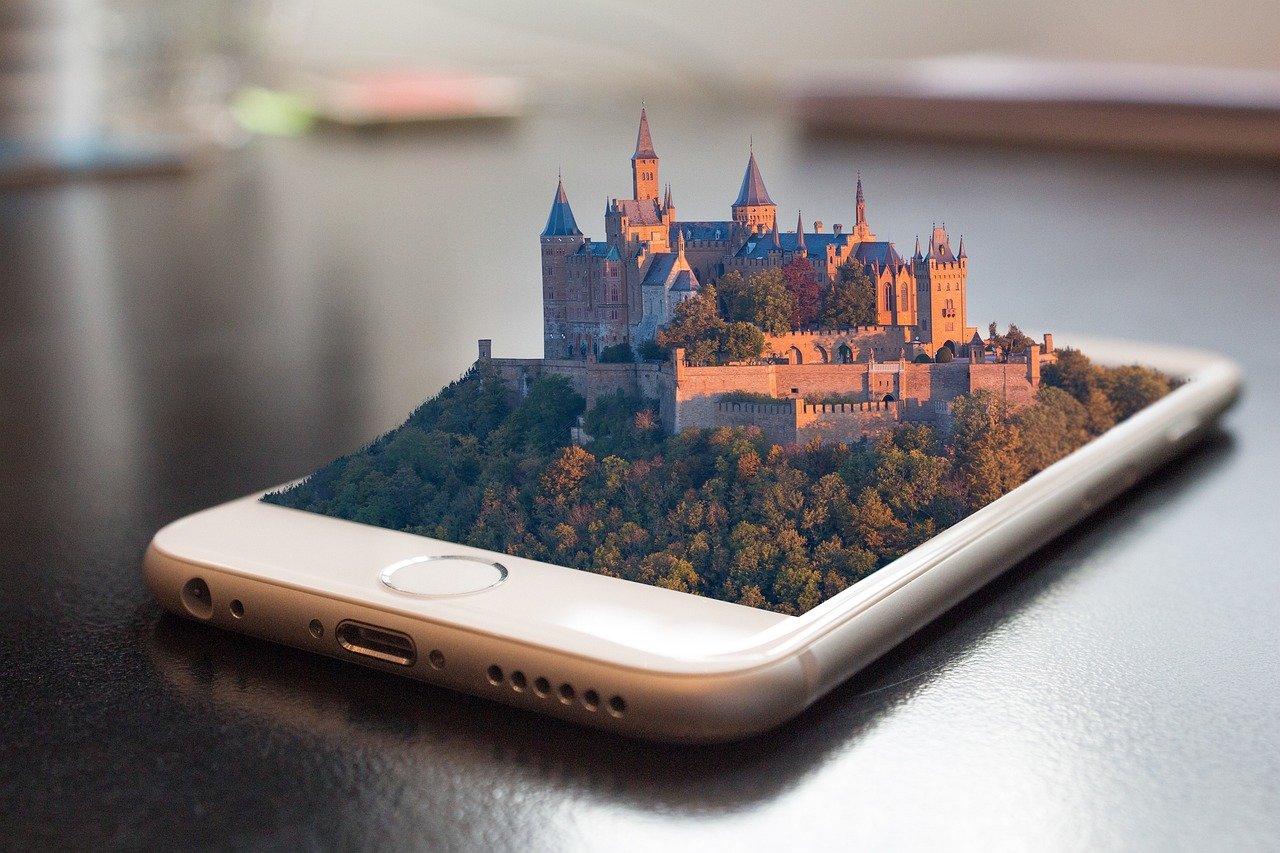Diving into the Future of Virtual Reality: Gaming and Beyond
In recent years, Virtual Reality (VR) has emerged as a groundbreaking technology that has transformed the way we perceive and interact with digital content. Initially introduced as a tool for immersive gaming experiences, VR has rapidly evolved to find its place in a multitude of real-life applications across various industries. In this comprehensive exploration, we delve into the far-reaching implications of VR, from its gaming origins to the exciting real-world applications that are revolutionizing fields like education, healthcare, tourism, and more.
Evolution of Virtual Reality in Gaming
Virtual Reality’s journey began in the realm of gaming, where it first captured the imagination of enthusiasts seeking an unparalleled level of immersion. Gaming enthusiasts were introduced to a whole new world of possibilities as they donned VR headsets and were transported into virtual environments that brought games to life in ways previously unimaginable. The sensation of being “inside” the game, with the ability to look around and interact with the environment, created an entirely new level of engagement. Companies like Oculus, Sony, and HTC led the charge, pushing the boundaries of VR technology to create more realistic and captivating gaming experiences.
Beyond Gaming: VR’s Impact on Real-Life Applications
As VR technology advanced, its potential quickly extended beyond the gaming realm. Various industries began to recognize the transformative power of VR in enhancing training, education, visualization, and even therapy. Here’s a glimpse into the real-life applications of VR that are reshaping our world:
1. Education and Training
VR has found a prominent place in education and training methodologies. Immersive simulations allow learners to experience scenarios that might be too costly, dangerous, or complex to recreate in real life. Medical students, for instance, can practice surgeries in virtual environments before stepping into the operating room. Similarly, aviation professionals can undergo virtual flight training, enhancing safety and efficiency.
2. Healthcare and Therapy
The healthcare sector has embraced VR for both diagnostics and therapy. From pain distraction during medical procedures to exposure therapy for phobias and post-traumatic stress disorder, VR has proven to be a valuable tool. Patients can be transported to calming environments, reducing anxiety and pain perception.
3. Tourism and Exploration
Virtual reality has revolutionized the tourism industry by enabling users to explore destinations from the comfort of their homes. Museums, historical sites, and exotic locations are now accessible through immersive VR experiences, providing a tantalizing preview that encourages travel.
4. Architectural Visualization
Architects and designers leverage VR to present their projects in interactive 3D environments. Clients can walk through virtual buildings, getting a true sense of scale and design before construction even begins. This innovation streamlines communication and decision-making in the design process.
5. Virtual Collaboration
In a globalized world, VR facilitates collaboration among remote teams. Professionals from different parts of the world can meet in virtual spaces, fostering creativity and efficient idea exchange. This has become especially valuable during the recent shift towards remote work.
The Future Potential of Virtual Reality
As VR continues to evolve, the possibilities seem limitless. With ongoing advancements in hardware, software, and content creation, we’re on the brink of a new era where VR becomes an integral part of our daily lives. Imagine attending concerts, conferences, or social gatherings through VR, transcending geographical boundaries. Medical procedures could become even more precise with surgeons collaborating in virtual operating rooms. Learning might involve historical figures guiding students through crucial moments in history, making education truly immersive.
In conclusion, Virtual Reality has come a long way from its gaming origins to redefine how we interact with technology and our surroundings. Its journey from gaming to real-life applications has showcased its potential to enhance various industries, making experiences more immersive, efficient, and accessible. As VR technology continues to advance, the possibilities are boundless, and the transformation it brings to our lives is beyond our current comprehension.












































